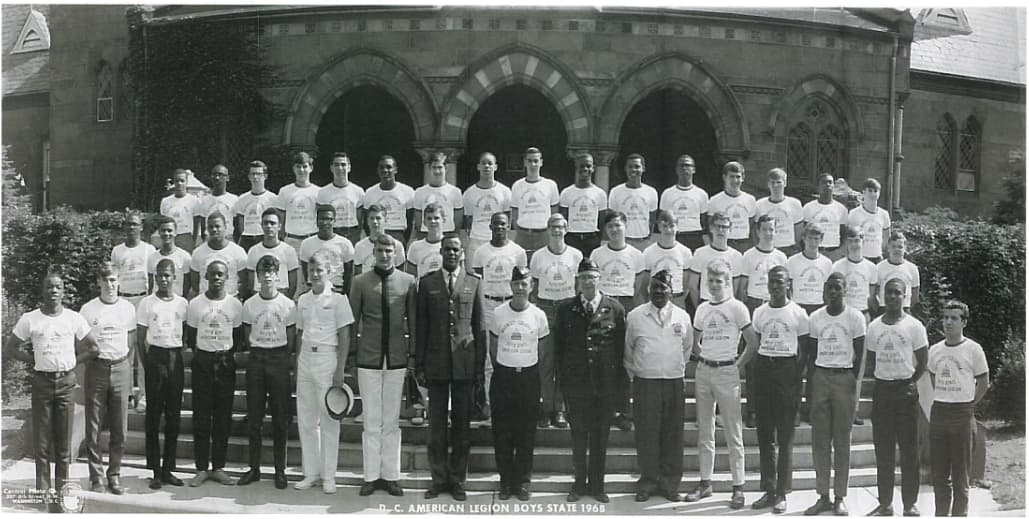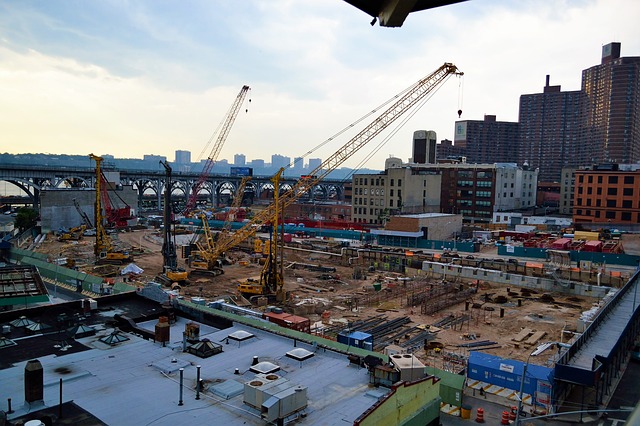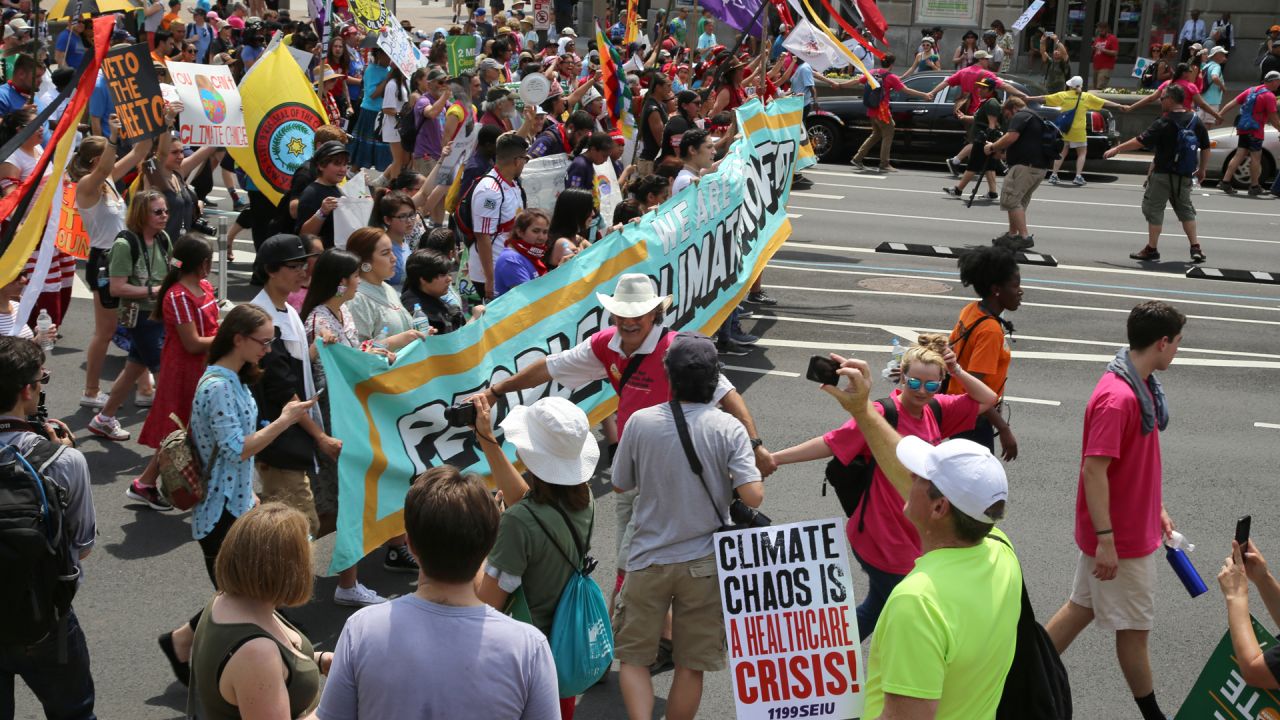American University's School of Public Affairs is number 14
in Urban PolicyOur faculty fellows have published 163 plus
journal articles and reportsOur faculty fellows have presented in 115
countries and locationsKerwin Hall, Room 337 on a map
Metropolitan Policy Center 4400 Massachusetts Avenue NW Washington, DC 20016 United States PIs: Brenda Smith (WCL) and Angie Chuang (SOC)
PIs: Brenda Smith (WCL) and Angie Chuang (SOC)
American Legion James Reese Europe Post 5 used the MPC's grant to explore the experiences of African American veterans who had fought in American wars from World War I to the present. Under the supervision of Faculty Fellows Brenda Smith and Angie Chuang, The Washington College of Law Community and Economic Development Law Clinic (CEDLC) and American University School of Communication (SOC) joined to document the history of Post 5. This documentation and preservation included interviewing current members, archivists, and project participants about the significance of the Post's history and its artifacts. These stories, artifacts and photos in the Post's home, comprise the content of a website created to showcase this important preservation effort. Project leaders are exploring ways to link this preservation effort with the Smithsonian National Museum of African American History and Culture.
 PIs: Lewis Faulk (SPA) and Michael Bader (CAS)
PIs: Lewis Faulk (SPA) and Michael Bader (CAS)
This proposal investigates the emergence, expansion, and funding challenges of nonprofit organizations in metropolitan neighborhoods that have experienced gentrification or an influx of poverty due to migration from gentrifying neighborhoods. The research sample will include 300 community-based nonprofit human service and community organizations in five central DC neighborhoods that have experienced recent gentrification and five neighborhoods beyond the central city where people have moved from gentrifying neighborhoods. Research focuses on the responses of community-based organizations to changes in their neighborhoods, the emergence of new organizations, competition for funding to address new needs introduced by population shifts, and the collaboration between existing organizations with local government in addressing those needs.
 PIs: Malini Ranganathan (SIS) and Eve Bratman (SIS)
PIs: Malini Ranganathan (SIS) and Eve Bratman (SIS)
This research explores social vulnerability in line with the broader goal of fostering climate justice in the DC region. The study collects both qualitative and quantitative data at micro levels to assess why certain populations and areas of the city may be more or less vulnerable in the face of climate events. The hope is to shed light on whether existing strategies around economic displacement and gentrification might be transferable for building climate resilience. This project seeks to carefully apply the insights and concepts from the 'Third World" literature in a seemingly "First World" context. The findings will be used to inform the global cities literature and strengthen conversations across the North-South theoretical divides.
 PI's: Khaldoun AbouAssi (SPA) and Jocelyn Johnston (SPA)
PI's: Khaldoun AbouAssi (SPA) and Jocelyn Johnston (SPA)
This project aims to fill a gap in the existing literature on local government-nongovernmental organizations (NGO) relationships, especially in developing countries. Across the globe, countries are experimenting with an array of approaches and structures intended to democratize governance and many of these efforts involve decentralization. To fully understand what decentralization looks like and how it works-and consequently to dig deeper into this challenge, we need to examine the distribution and interaction of the comprehensive set of actors (nongovernmental organizations [NGOs] such as community foundations, community-based organizations and others) currently deployed at the local level. The investigators intend to use MPC funding to develop a framework that captures the nature of and variation in local government-NGO relationships, propose and test a set of propositions about the relationship between local-NGO partnerships and governance, collect qualitative and quantitative data to test those propositions, and present policy implications to guide decision-makers. This is a pilot study that will be concentrated on Lebanon and expand MPC's research on non-profits to the international context.
 PI's: Seth Gershenson (SPA) and Taryn Morrissey (SPA)
PI's: Seth Gershenson (SPA) and Taryn Morrissey (SPA)
In the United States, the gap in achievement between children from low-income families and those from high-income families is wide, begins well before kindergarten, and persists over the K-12 years and beyond. One intervention that effectively narrows this achievement gap and has positive economic returns is high-quality early care and education (ECE). While most research has examined the direct effects of ECE programming on children's cognitive test scores, ECE attendance may also narrow SES inequalities through increased parental educational investments at home. We address gaps in the literature by applying a difference-in-differences strategy to nationally representative time diary data to investigate whether access to ECE changes how the parents of young children allocate their time. Specifically, we examine how the implementation of universal voluntary prekindergarten in Florida, beginning in 2005-06, led to changes in parental time spent in developmentally beneficial activities such as reading and conversing with children, time spent facilitating children's activities, and parental time in physical child care, either with ECE-aged children or with other household children. Findings will shed light on a potential strategy for narrowing SES and racial/ethnic achievement gaps, and how the effectiveness of such strategies varies across urban, rural, and suburban locales.
 PI's: Amelia Tseng (CAS) and Noemi Enchautegui (CAS)
PI's: Amelia Tseng (CAS) and Noemi Enchautegui (CAS)
Bilingualism, or proficiency in two languages by individuals and within a community or nation, is important along multiple dimensions relevant to social cohesion and equity, particularly in terms of access to resources, as part of social justice, and culture and identity, as part of linguistic human rights. This proposed study pioneers focus on four key dimensions of language use and bilingualism as they relate to social equity. The project will be the first to systemically examine language practices, access to resources, and their impact on multiple generations of Latino immigrants' social experience. This has implications for their integration and social support, and also for the maintenance of Spanish fluency in younger generations, which relates both to culture and identity and to educational and economic success. The project will create a body of pilot data and result in scholarly publications.